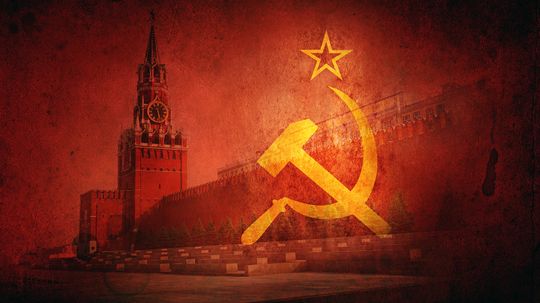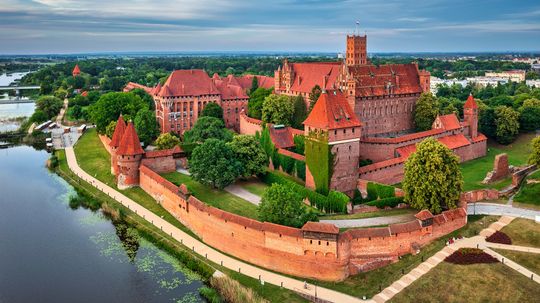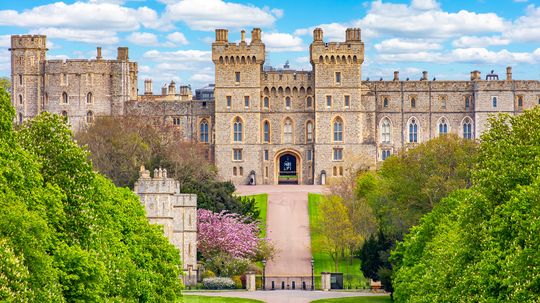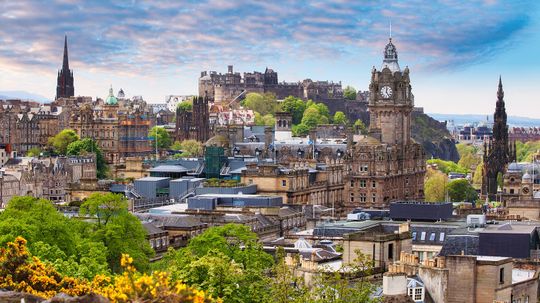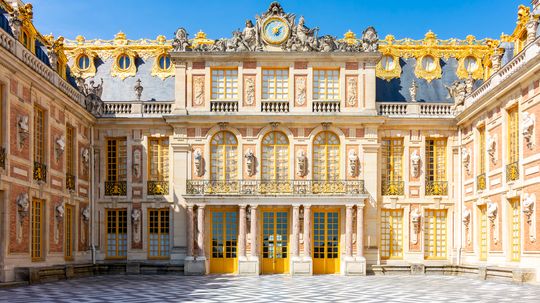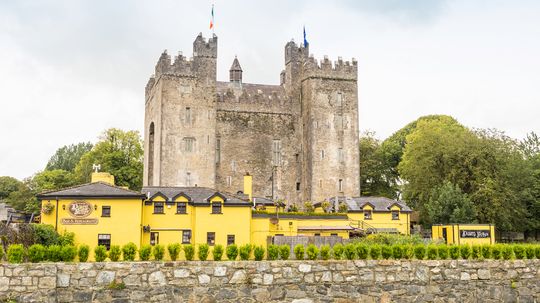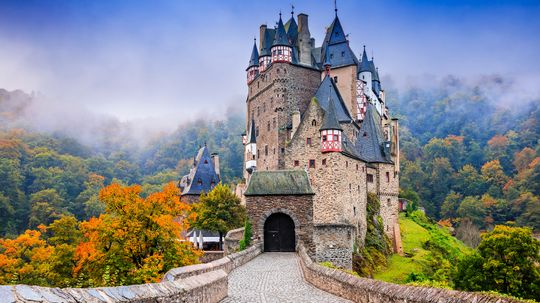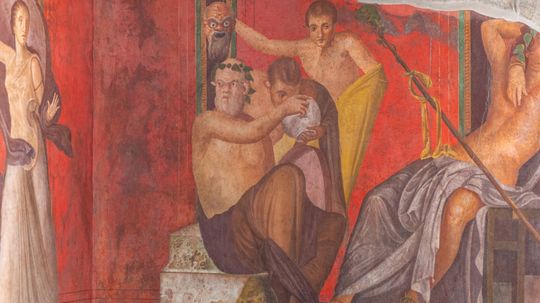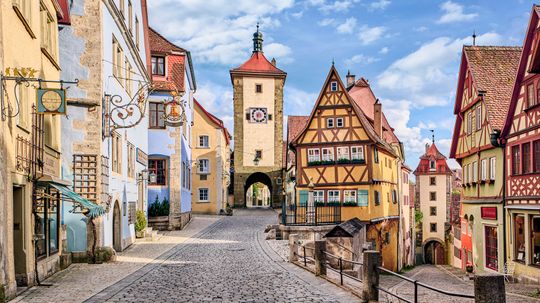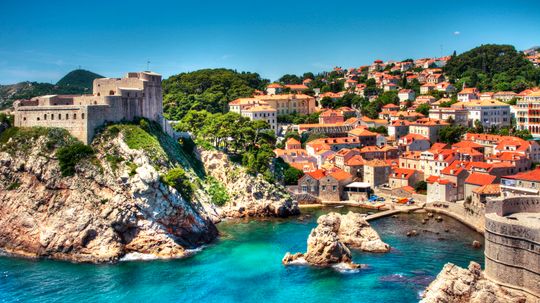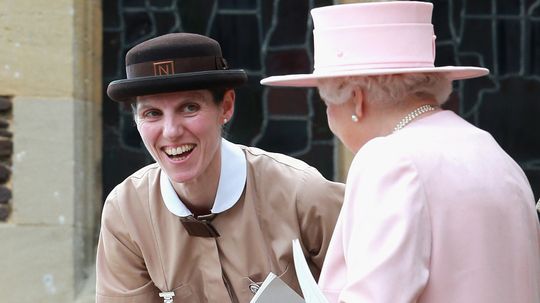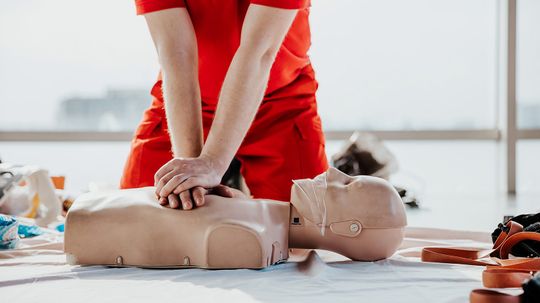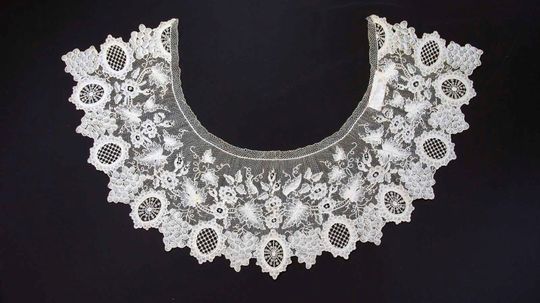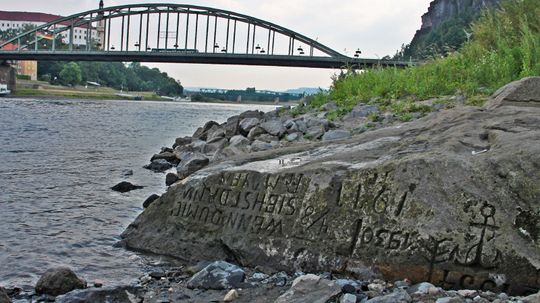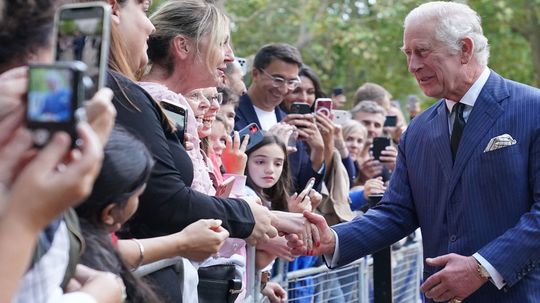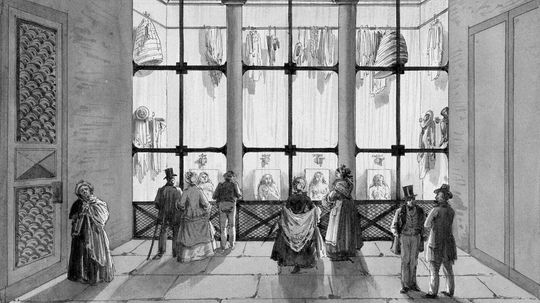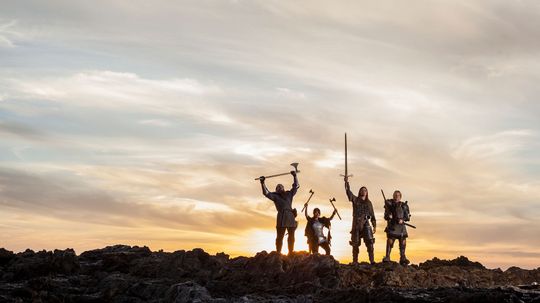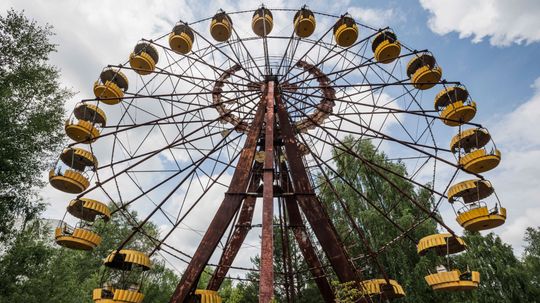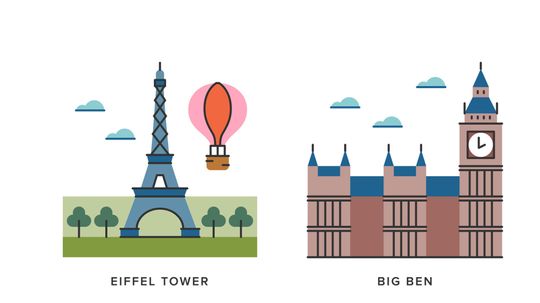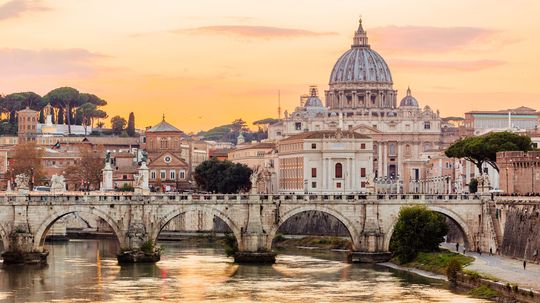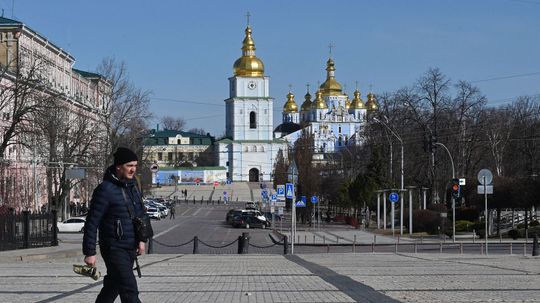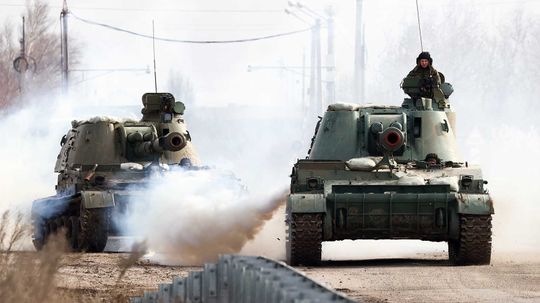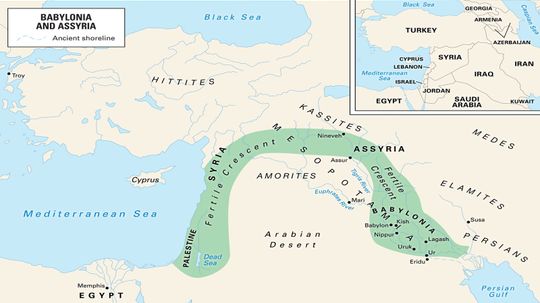European History
No matter how knowledgeable you are about European history, there's always more to learn! Get an in-depth look at European history in these articles.
Learn More
By asking "Why did the USSR fall," you're really asking how a superpower unraveled from the inside.
The fall of the Berlin Wall was one of the most powerful and symbolic moments of the 20th century. But why did the Berlin Wall fall?
It’s one of the most debated questions in world history: Why did the Roman Empire fall?
Advertisement
Dozens of castles in Europe dot the landscape, each with a story carved into stone, wood, and legend. These aren’t just ruins of the past; they’re full-blown time machines, and they sit proudly in cities, on hillsides, and by rivers waiting for curious visitors.
England’s landscape is dotted with stone towers, curtain walls, and battlements that tell stories of war, royalty, and everyday life in the castles in England. From medieval fortresses to Tudor mansions, these historic sites span the full sweep of English history.
Scotland is packed with ancient stone towers, royal strongholds and ruins perched on dramatic cliffs. Whether you love medieval history or just want a view worth the hike, these castles in Scotland are must-visits.
Want to travel back in time without giving up your croissant? France has you covered. It’s home to hundreds of castles in France, each one with its own stories, secrets and sweeping staircases.
Advertisement
Ireland's landscape is dotted with ancient fortresses, dramatic ruins, and breathtaking towers. From iconic landmarks to quiet countryside gems, the castles in Ireland tell the story of a nation shaped by war, royalty, and resilience.
If you're planning a trip through Europe and want a dose of real-life medieval fantasy, start with castles in Germany.
Recent excavations in Pompeii, Italy, in April 2024 uncovered several stunning murals and ancient Roman comic paintings. Although the murals are more appropriate for an academic museum, the "comics" and graffiti offer a raw peek into how ancient Romans lived, fought, loved and died.
By Karina Ryan
Previously divided into West Germany and East Germany until reunification in 1990, Germany — officially known as the Federal Republic of Germany — has 16 federal states. Its federal system allows the individual German states to maintain authority over areas like education, policing and cultural activities, while the federal government oversees issues like defense and economic affairs.
By Yara Simón
Advertisement
The Balkan states (sometimes colloquially referred to as simply "the Balkans") are a diverse and historically rich set of countries that span across southeastern Europe.
By Mack Hayden
Ever wondered how the British royal family finds nannies fit to change royal nappies? The answer is a nanny college called Norland.
By Kate Morgan
CPR Annie has been called "the most-kissed face in the world." But the doll's look was improbably inspired by the famous death mask of a beautiful, unknown drowning victim in Paris.
By Dave Roos
Point d'Alençon Lace is a needlepoint lace that originated in Alençon, France. It's delicate and rare and takes years to master. Why is it so different from other lace?
Advertisement
Hunger stones in European rivers mark periods of drought that lead to famines. They have begun to reappear in 2022, so what does that mean for the near-term health of the European economy?
As King Charles III assumes the throne, he faces numerous challenges both at home and abroad. How he handles them could very well determine the future of the monarchy itself.
Today Paris' best-known attractions are perhaps the Eiffel Tower and Champs-Elysées. In the 19th-century, it was the morgue.
By Dave Roos
Helmets, battles, Leif Erikson Day - our Viking quiz has it all. Grab some mead and let's get started!
By Mark Mancini
Advertisement
The ghost city of Pripyat in Ukraine is one of the casualties of the Atomic Age and a warning to us all about the dangers of improperly managed nuclear power.
Yeah, yeah, everyone knows that Emily just loves Paris. But what about some of the other 40-plus capital cities in Europe? Take our quiz to find out more.
By Alia Hoyt
Is it the country with the smallest land area? Or the fewest people? Either way, you get the same answer.
The pronunciation of "Kyiv" goes far beyond personal preference. It actually has geopolitical significance.
Advertisement
University of Michigan historian Ronald Suny answers some questions and corrects some falsehoods about the Ukrainian and Russian history that helped lead up to the current events.
By Ronald Suny
A roughly crescent-shaped region encompassing modern-day Iraq, Syria, Lebanon, Jordan, Israel, Egypt, and parts of Turkey and Iran, the Fertile Crescent was home to the world's first settled agricultural communities.
By Dave Roos
